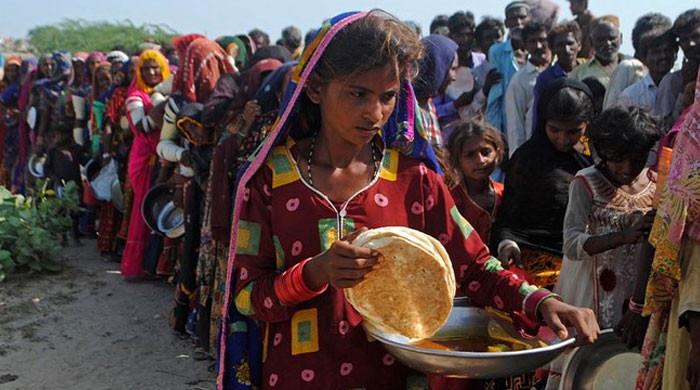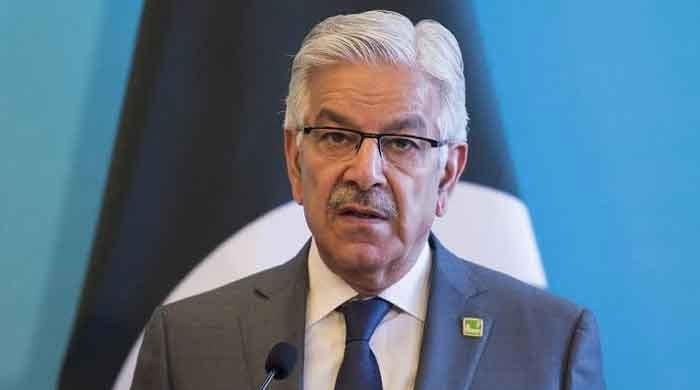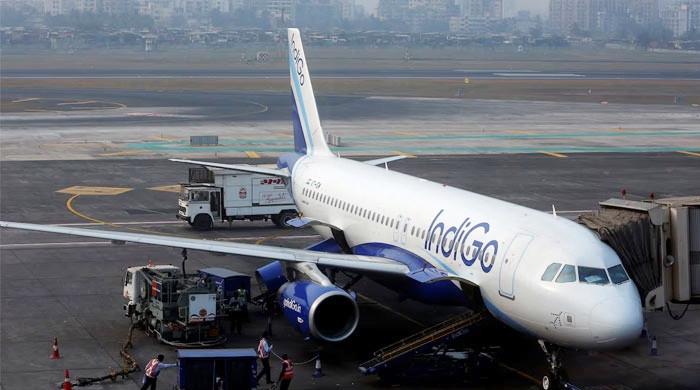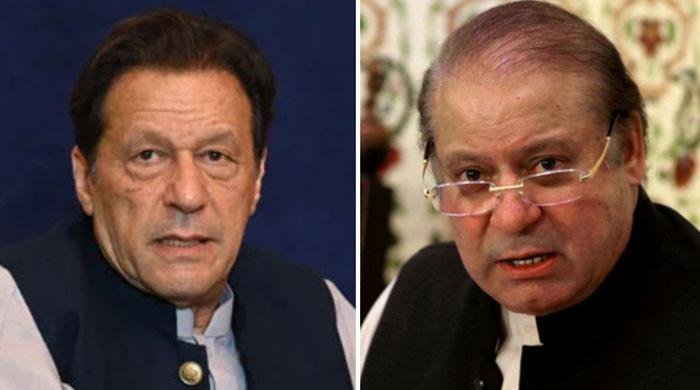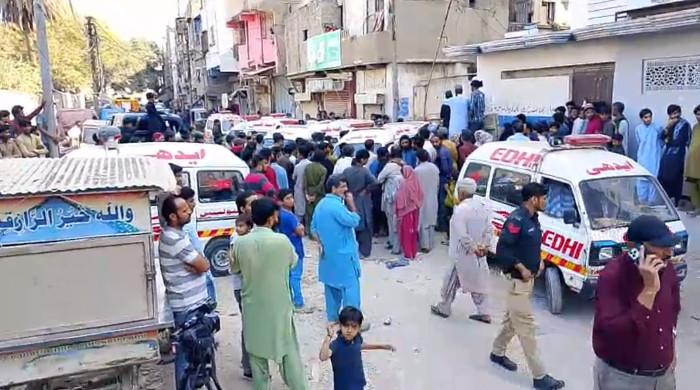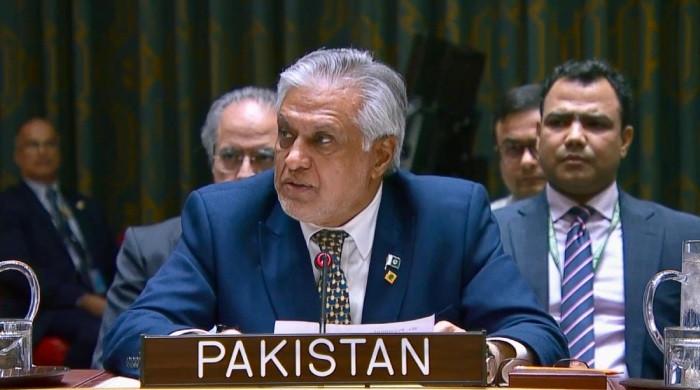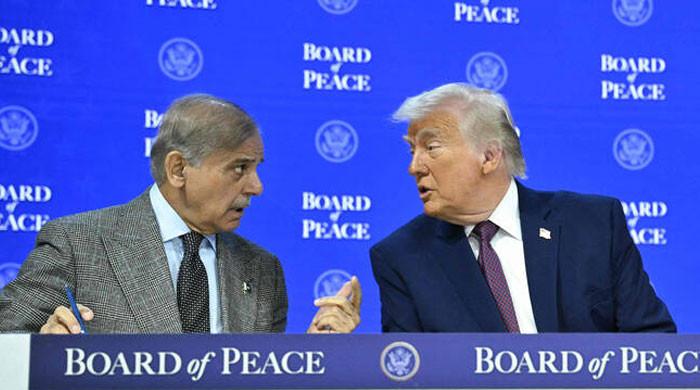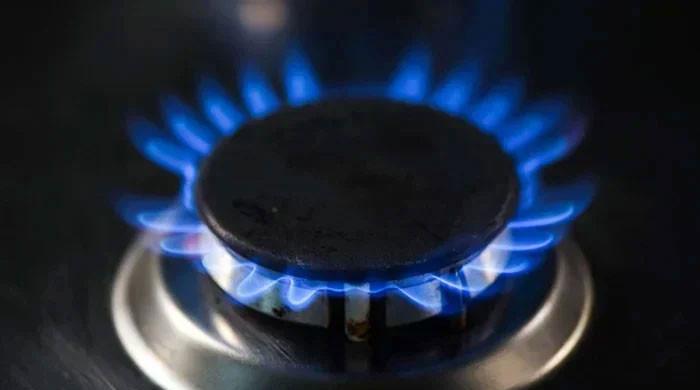Deadline to clean Karachi ends but city continues to reek
Deadline was given by the chief justice last week during his visit to the city
March 24, 2018
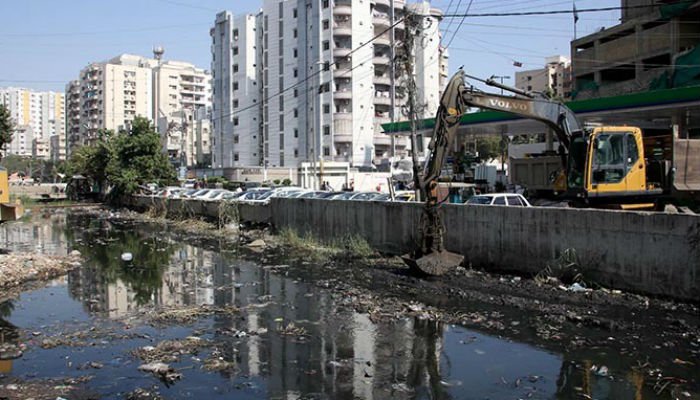
KARACHI: The deadline given by Chief Justice of Pakistan Mian Saqib Nisar to clean the metropolis ends today, but the city remains dotted with heaps of garbage.
The deadline should have got dumpers moving across Karachi, given the chief justice had told the authorities concerned to go as far as collecting funds — if it required — to clean the city.
But only two days after the clock started ticking, Karachi Mayor Waseem Akhtar was found steering himself clear of the responsibility by saying it was not under his ambit to clean the city.
He said the Sindh government has taken the management of Karachi Metropolitan Authority into its own hands, which did not leave relevant functions with the municipality.
Even a Facebook poll regarding the responsibility of city’s sanitation suggests that the majority believes it to be the Sindh government’s job.
However, taking ownership of the issue, the provincial government did promise to make the city clean by the end of the deadline.
According to locals, work did start in parts of the city where heaps of garbage would be seen piled, following the chief justice’s demand. These areas they said included Gulshan-e-Iqbal and Gulistan-e-Johar, among others.
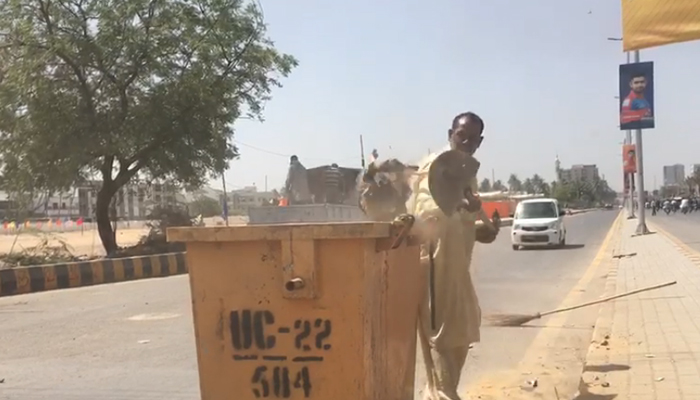
But cleaning Karachi in a week is not a goal everyone believes is achievable.
Being one of the main metropolis and an economic hub, Karachi has become home to people from different parts of the country and even the world, over the years.
The population kept on growing but little was done to make the infrastructure efficient to accommodate the rising number of people.
Roads and flyovers have been constructed to ease commute, but the other side of infrastructural development seemed to have been overlooked. There is no proper system to manage the waste generated by a population as large as Karachi’s.
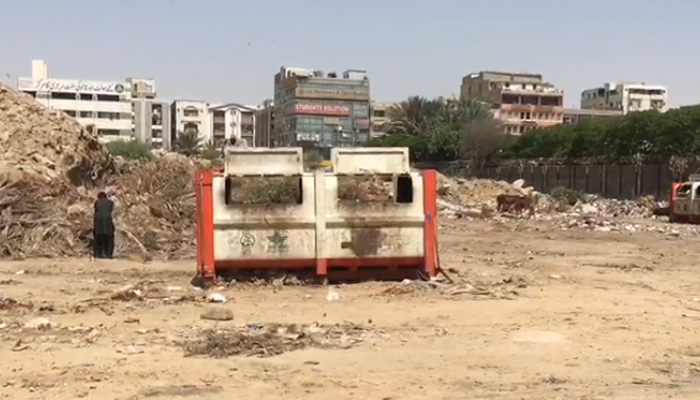
Although there have been a number of cleanliness drives in the city carried out by people from different walks of life, there was still the need for the chief justice to point out the abysmal state of littering.
This is because such drives are often concentrated in specific areas, mostly in the south of Karachi. One of the reasons why these certain areas are selected for cleanliness drives is that they are easier to be cleaned of trash. The authorities concerned time and again work on the beautification of these areas as they are frequented by VIPs and VVIPs of the country, leaving them littered here or there instead of garbage piles.
The other factor that could have kept the city spick and span was the endorsement by Chinese authorities, who took to placing garbage cans across Karachi while also providing updated vehicles to collect trash. But a look in most of the areas would show garbage piled right beside the cans placed for the very purpose.
Cleaning Karachi in a week would have been possible had equal attention been paid to all its areas.
Besides, the city needs a proper system to dump the waste so that it does not end up in piles and heaps and eventually been burnt and causing yet another form of environmental hazard.
Above all, the citizens need to realise they can play a major part as individuals by utilising these garbage cans to throw trash rather than letting it stand on the section of footpath or road right beside it.
If such measures are not taken, such weekly and monthly deadlines and campaigns will come and pass but Karachi would continue to reek of trash.




